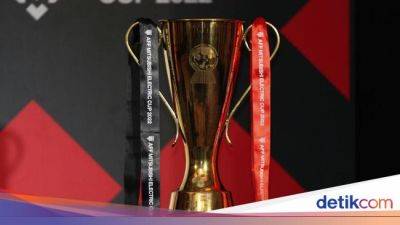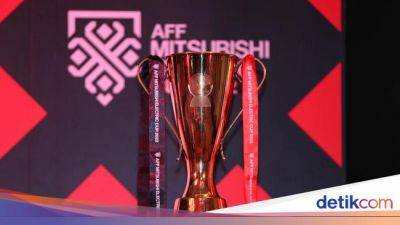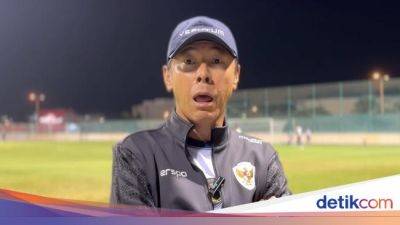As Turbulent 2024 Nears Close, Anti-Doping Agency Pushes Back Against 'Unfair Attacks'
Reflecting on a turbulent year for the World Anti-Doping Agency, marked by controversies over Chinese swimmers and Jannik Sinner, its president in an interview with AFP pushed back against "unfair, defamatory attacks." Last spring, the sports watchdog was severely criticized for clearing swimmers who tested positive for trimetazidine to compete at the Tokyo Olympics in 2021. The Montreal-headquartered agency had accepted Chinese authorities' explanation that their 23 athletes had eaten contaminated food at a hotel.
WADA president Witold Banka insists the case is now "definitively" closed since an independent report found "there was no bias towards China." "There was no wrongdoing on our side," he added.
Banka accused US officials who raised those concerns of politicizing the case and making "very unfair, defamatory attacks on WADA."
Even if tensions have subsided, he admits that relations with the US Anti-Doping Agency remain "quite difficult," insisting that "one stakeholder cannot impose its vision (for) how the system should work."
"Whether someone likes it or not, WADA is the body responsible for the anti-doping system in the world," he said.
The United States, when it hosts the Olympic Games in Los Angeles in 2028 and the Winter Games in Salt Lake City in 2034 "will need to collaborate with us," he said.
A termination clause was inserted by the International Olympic Committee (IOC) into the Salt Lake City host contract that could see the Games pulled if WADA's "supreme authority" is not respected.
Transparency
The other controversy that has shook the sports world this year revolved around the issue of transparency.
Many criticized the International Tennis Integrity Agency (ITIA) for having revealed late Jannik







